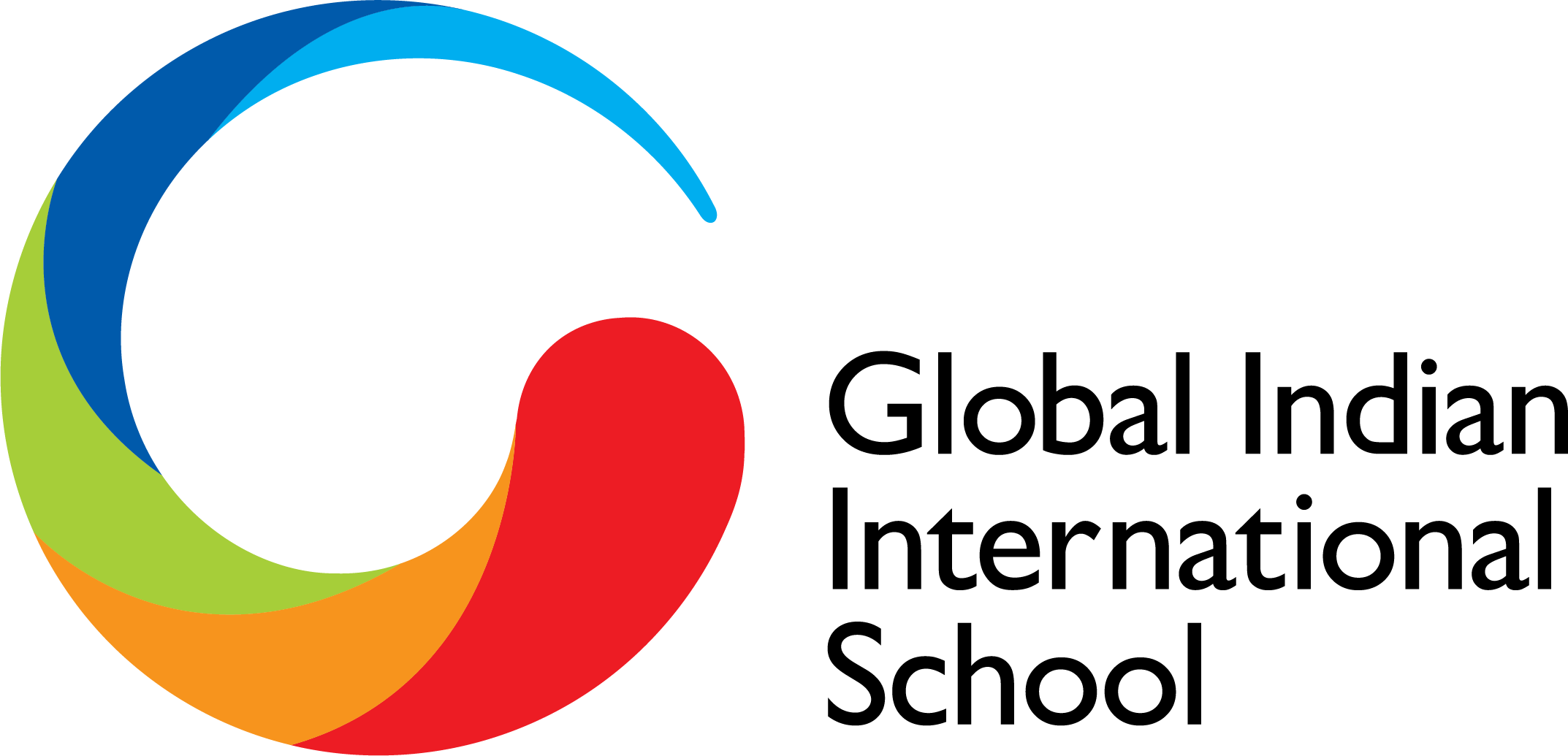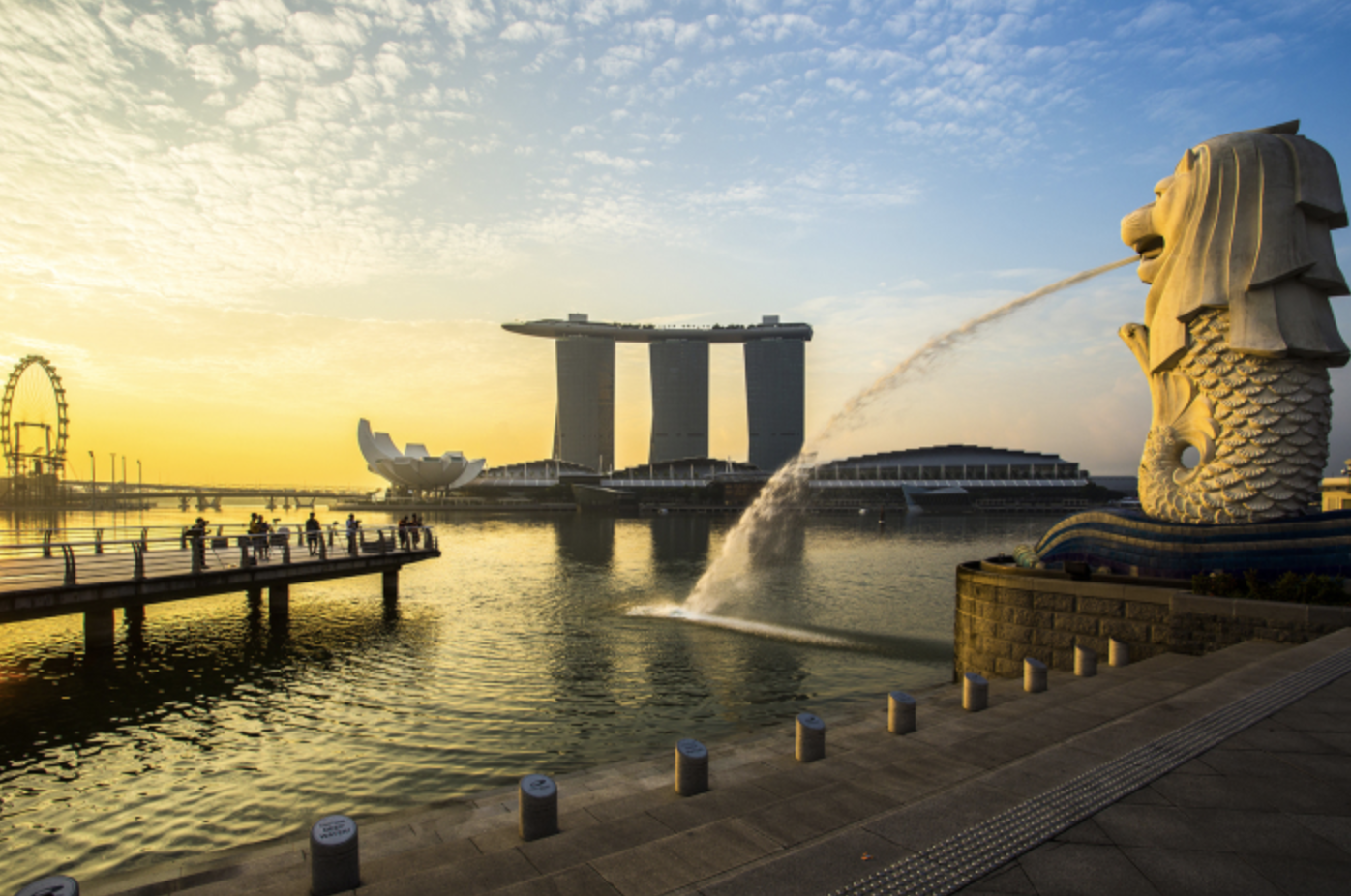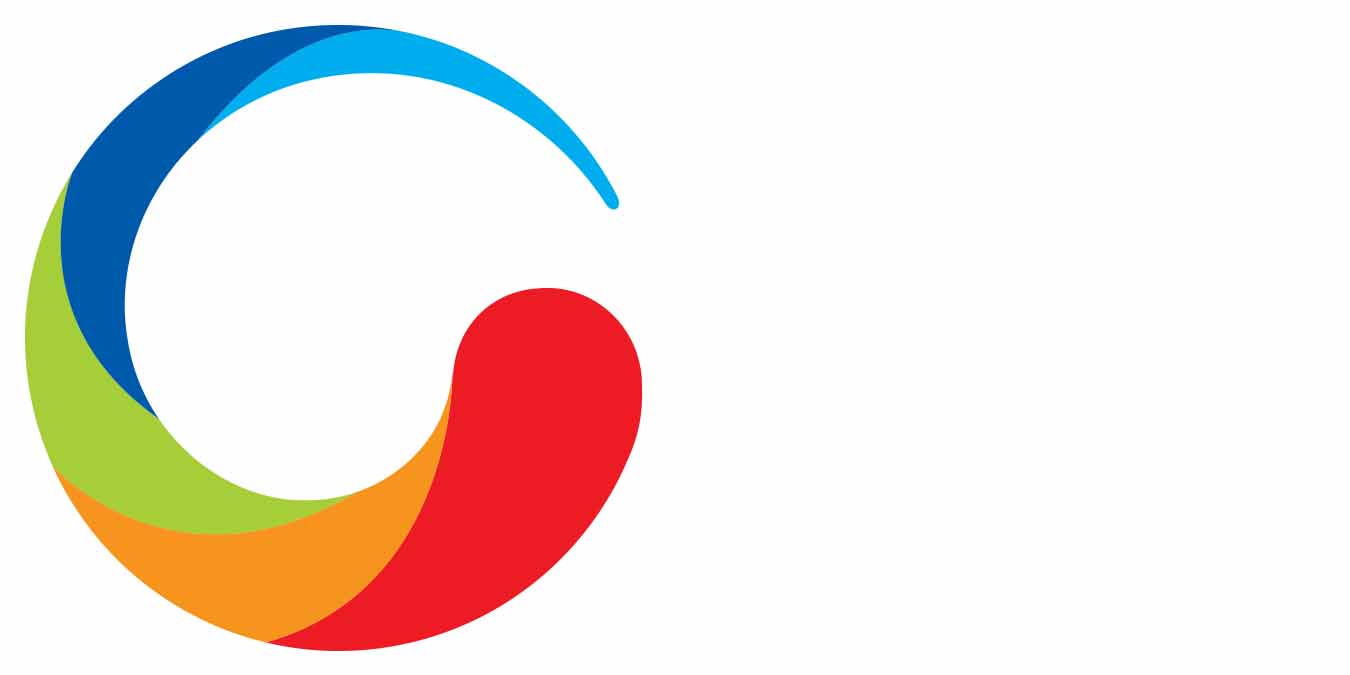Education in Singapore
Singapore has one of the best education systems in the world. Schools in the small city-state (both private and public) are overseen by the Ministry of Education. For foreign students, seats at public schools are limited. Therefore, most expat children attend private international schools, some of which offer curricula specific to a particular country. There are several factors to consider as you weigh up your options.
Fee Structure
Both local and expat students must pay a fee to attend public schools. The rates typically increase each year. As can be expected, private education is more costly, so parents should do their research to ensure that the school is accredited and offers quality programmes.
Curricula
A variety of curricula are available at the early childhood, primary and secondary school levels, including:
- Montessori
- International Baccalaureate
- Singapore - Cambridge General Certificate of Education
- Central Board of Secondary Education
- International General Certificate of Secondary Education
- Frameworks specific to a particular country, such as Canada or Australia
Some schools offer an approach that combines best practices from several methodologies. In addition to academic subjects such as Maths, Science and the humanities, the curriculum should include courses in physical education and the arts.
Enrichment Classes
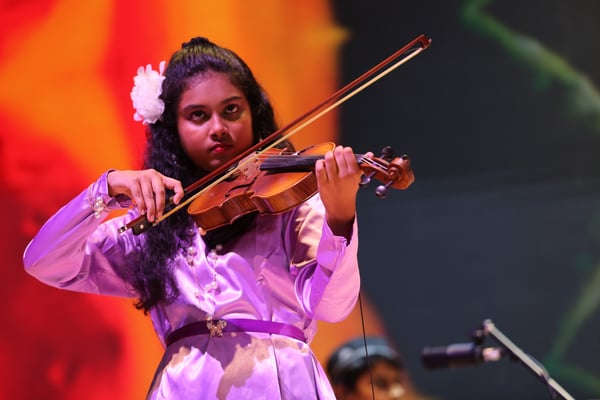
Many schools offer extracurricular and co-curricular activities to teach students practical skills and encourage them to develop hobbies and interests beyond the traditional classroom. Supplemental classes allow students to explore and cultivate their talents whilst socialising with teachers and peers. For students who join the school mid-year, some international schools have provided a specially designed programme that helps the newcomers catch up with the existing batch of students.
Cultural Programming and Holistic Development
An approach that supports whole-child development prepares students for lifelong learning and leadership. Programming should emphasise multiculturalism, core values and service. In our increasingly global society, students must be able to live and work among diverse populations. An authentic school environment is one that celebrates cultural differences whilst fostering healthy communication skills and socio-emotional development.
High-Quality Faculty
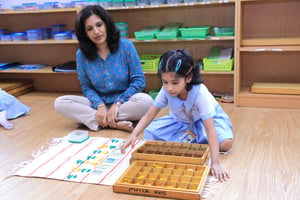 Private schools differ in the qualifications required of teachers. Look for a school with a solid reputation and a tradition of recruiting teachers who are especially well-versed in their respective subject areas and best educational practices. Understanding the challenges expatriate children face, international school teachers create a welcoming environment which empower students to reach their highest potential.
Private schools differ in the qualifications required of teachers. Look for a school with a solid reputation and a tradition of recruiting teachers who are especially well-versed in their respective subject areas and best educational practices. Understanding the challenges expatriate children face, international school teachers create a welcoming environment which empower students to reach their highest potential.
Connections to Universities
Schools that are well-connected to universities are optimally-positioned to prepare secondary students to meet the high admissions standards of prestigious tertiary institutions. Find out how many graduates go on to university and to which institutions they secure acceptance. Schools that offer a rigorous, holistic approach are especially likely to nurture graduates who are admitted to the world's top universities.
In Singapore, your child can obtain a first-rate education for a moderate fee. Looking at the price tag alone is not enough to determine whether a particular school will be suitable. To best prepare students to meet the demands of a complex, 21st-century society, a school should provide a well-rounded, multicultural education that puts them on track to thrive in all areas of life.
Related articles:
- Smoothen the Transition of your child from India to Singapore
- Ten Tips for Life in Singapore
- How 21st Century Learning is Preparing Students to be Global Leaders
